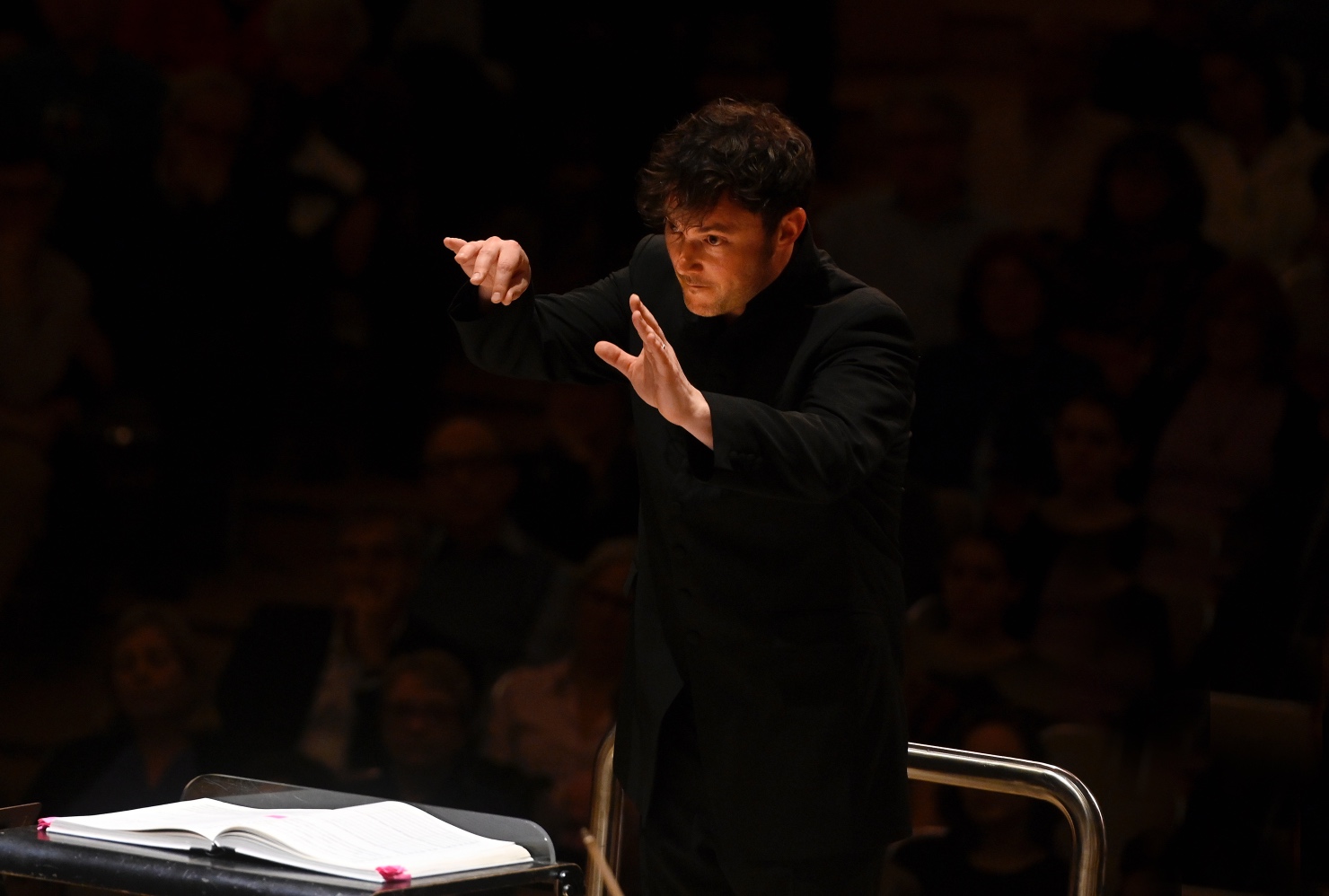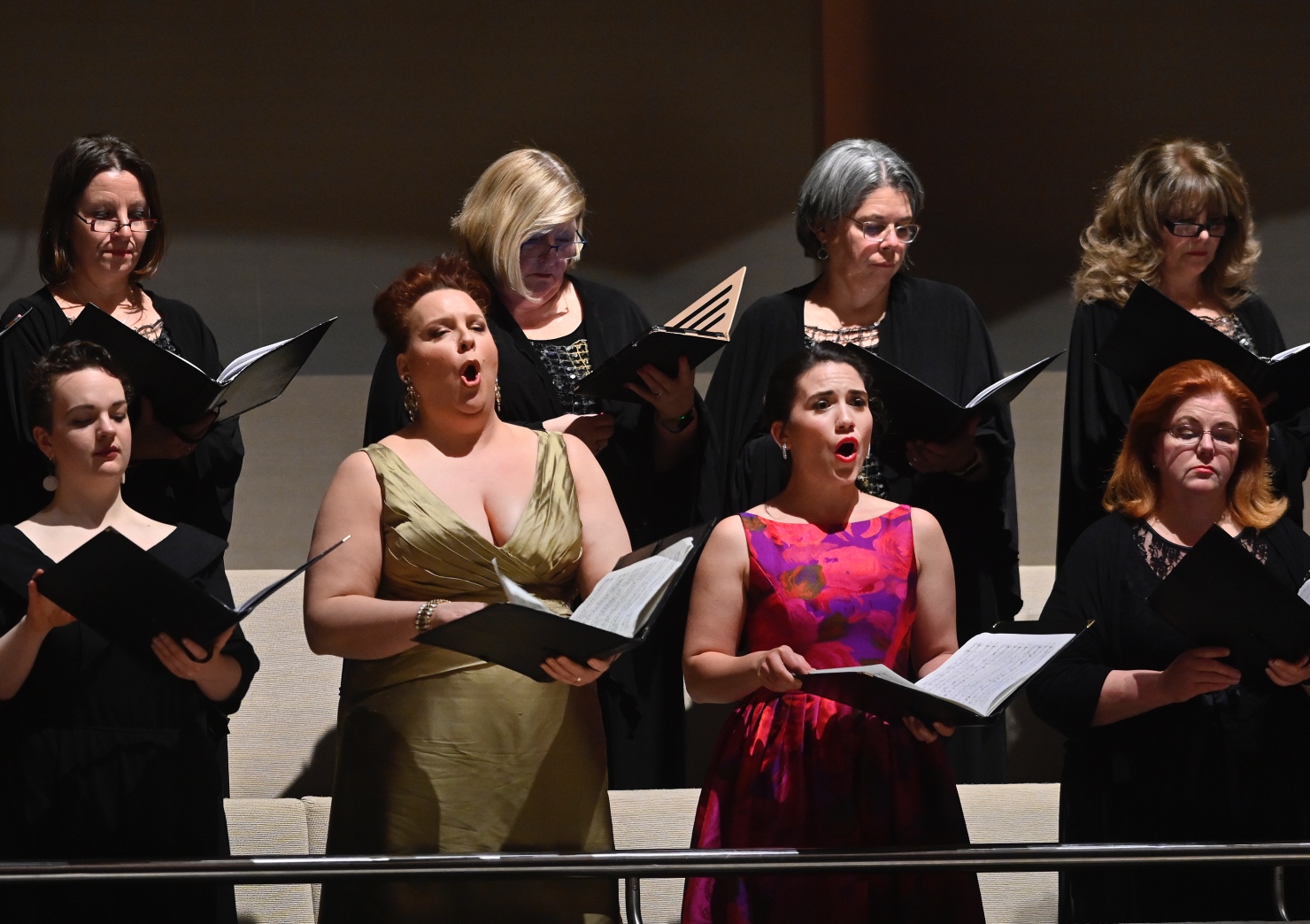
Mahler's Resurrection Symphony: so hopeful it'll make you cry
ReviewIf there’s ever a safe bet to be made, it’s that hearing a live performance of a Mahler symphony will conjure up true catharsis. The Toronto Symphony Orchestra just finished three performances of Mahler’s Symphony No. 2 - titled “Resurrection”; when I confirmed my plans to attend, I felt an acute sensation of confidence that my night out at Roy Thomson Hall would be impactful.
So confident was I that I almost took it for granted; so, when Mahler’s music began, it was as though it dragged me by the nape of my neck through an emotional rollercoaster I didn’t know I needed.

Mahler’s “Resurrection” Symphony is a study in drama without words. Of course, there are words - they come nearly an hour into the work’s roughly 80 minutes; by the time we hear the text written for the fourth and fifth movements - including the famed “Urlicht” (“Primeval Light”) - we’re so wrung out that it’s like a balm, like finally confiding our troubles in someone else after bearing the weight of it ourselves.
The TSO’s performance was arresting, reaching deafening peaks and eerie rustles.
I think it’s all the hope in this symphony that makes it so moving. Classical music fans are used to the dark stuff (so is Mahler, frankly), and it’s par for the course to go to the symphony and be flooded with themes of death, suffering, and generally not getting what one wants.
But the hope that’s exemplified in the symphony’s title, it’s a powerful element of mercy for Mahler’s listeners. There’s an acknowledgment of the pain and fear of death, of the confusion and the ripple effect it leaves among the living. “Resurrection” exposes our deep need to feel immortal, or at least believe that the dead are simply elsewhere.

The TSO’s performance was arresting, reaching deafening peaks and eerie rustles. Perhaps there was a bit of improvisatory adrenaline, since British maestro Matthew Halls had stepped in on short notice to replace an ailing Juanjo Mena. Halls was a thrill to watch, the leader of all that onstage drama that Mahler writes into his score.
The hope came when we first heard the singers: contralto Marie-Nicole Lemieux and soprano Joelle Harvey. Their voices and their poetry were full of optimism - unreasonably, stubbornly so, even. Without warning, the catharsis came; it’s that funny phenomenon where seeing someone cry is less moving than seeing someone try not to cry.
All this is to say: Mahler is still an emotional sure thing - bravi to all.


Comments